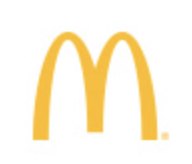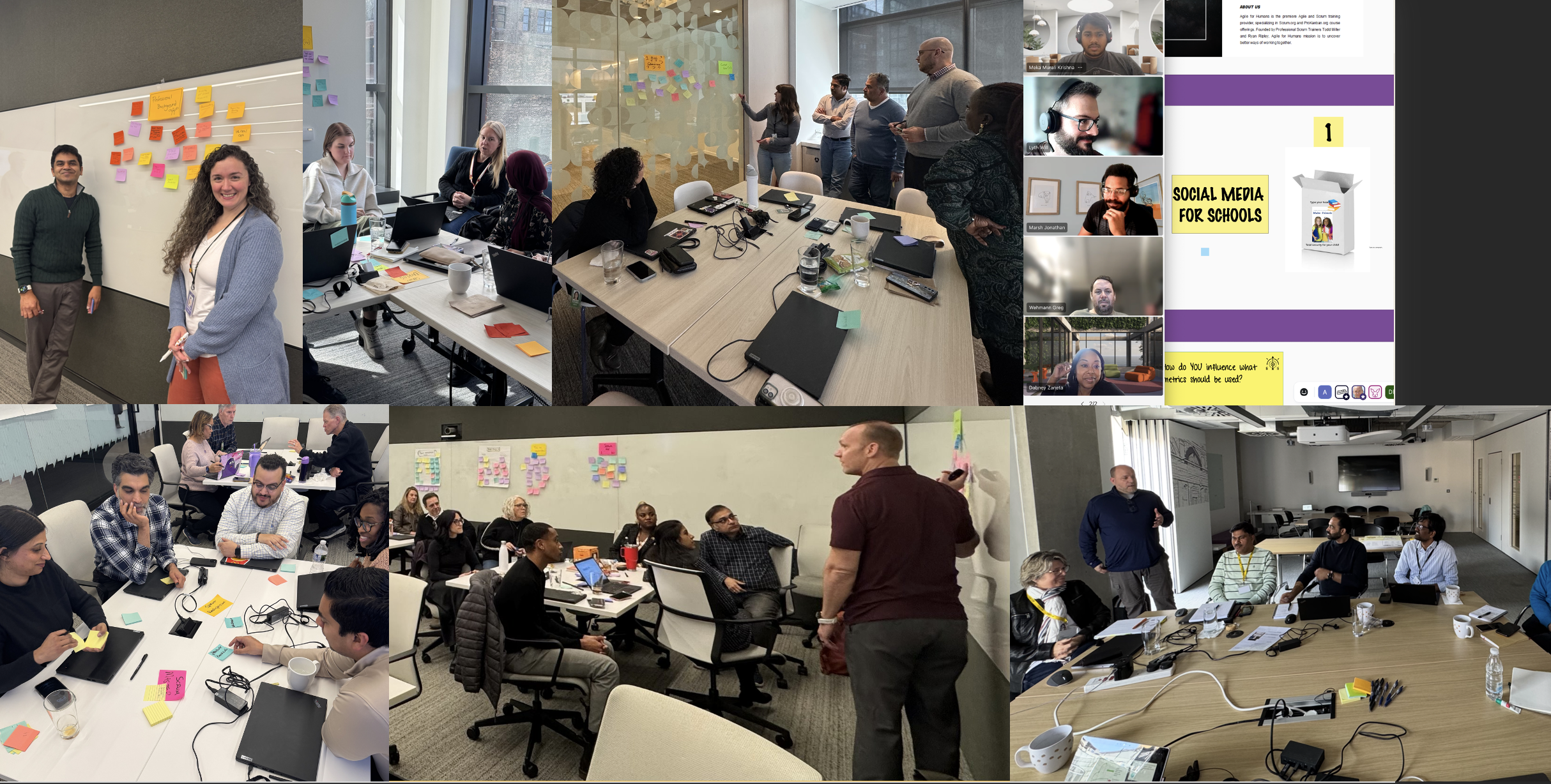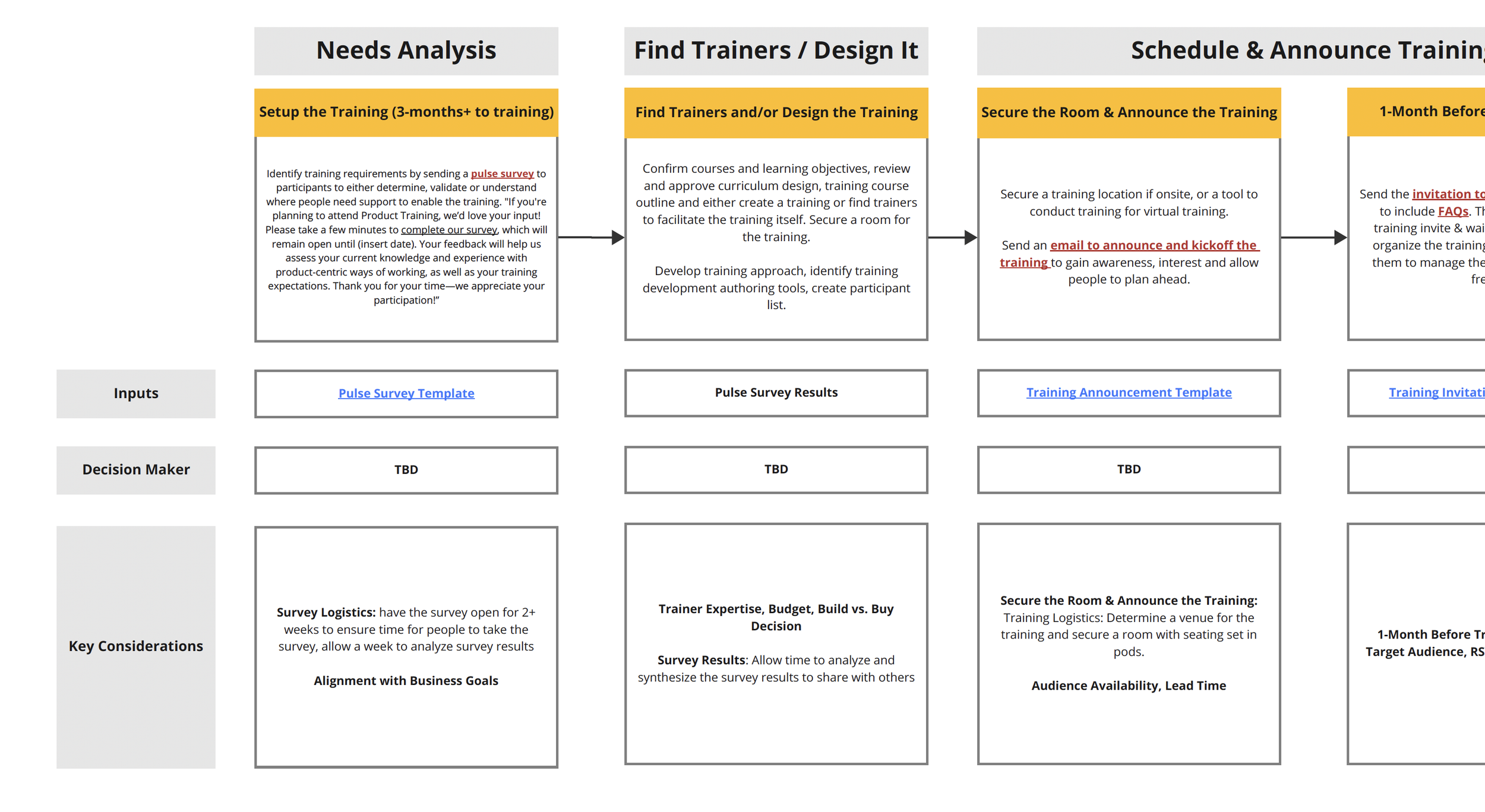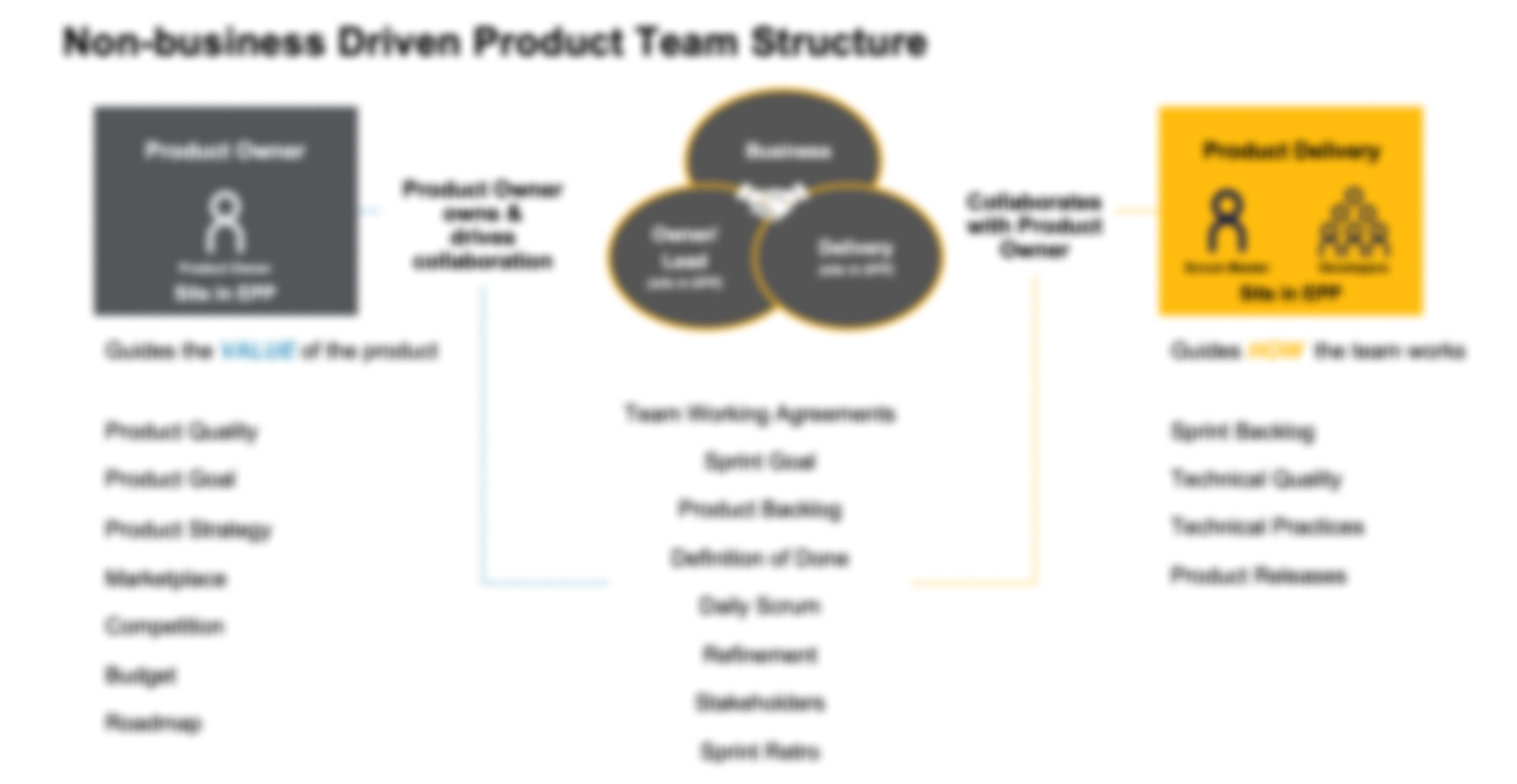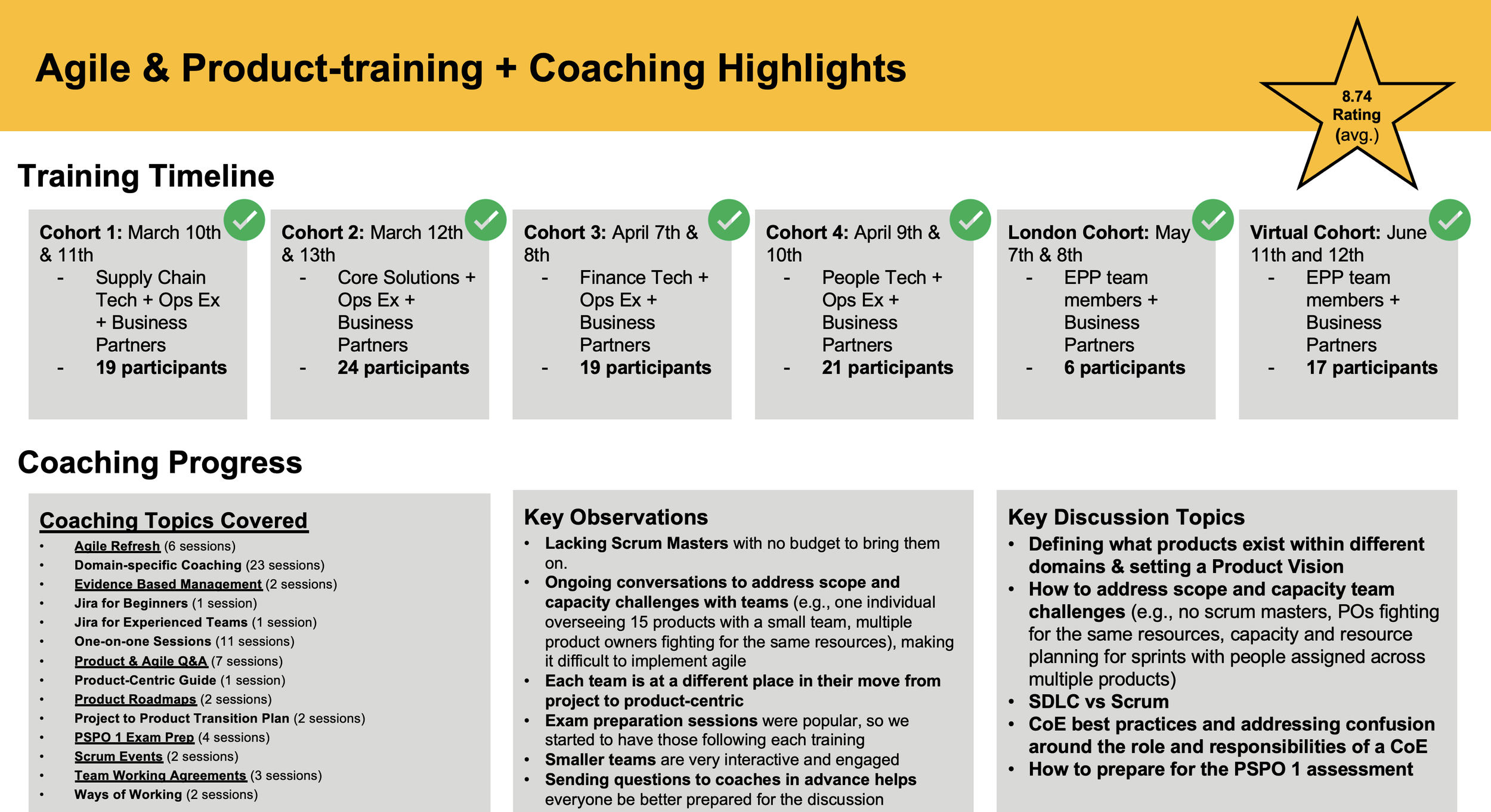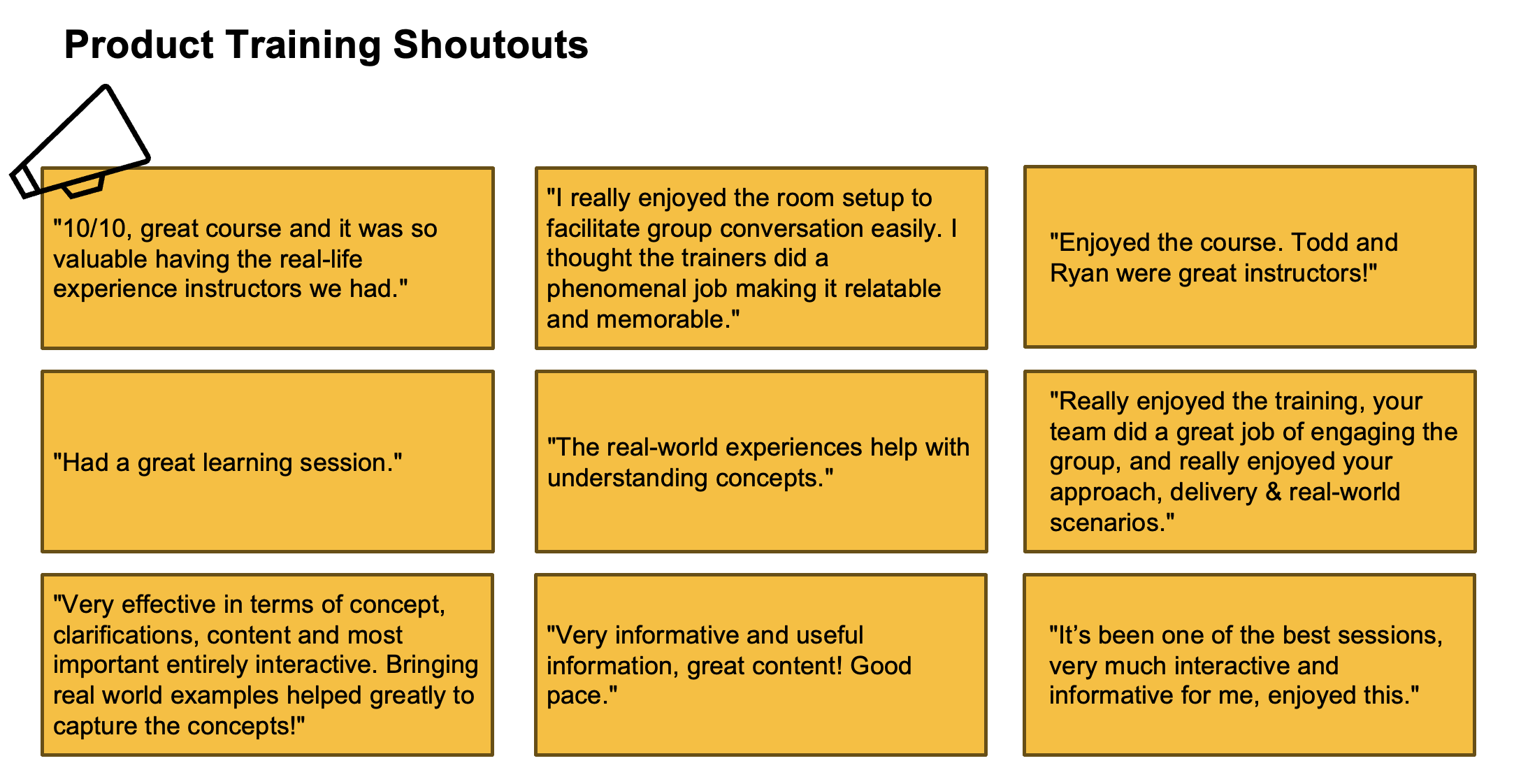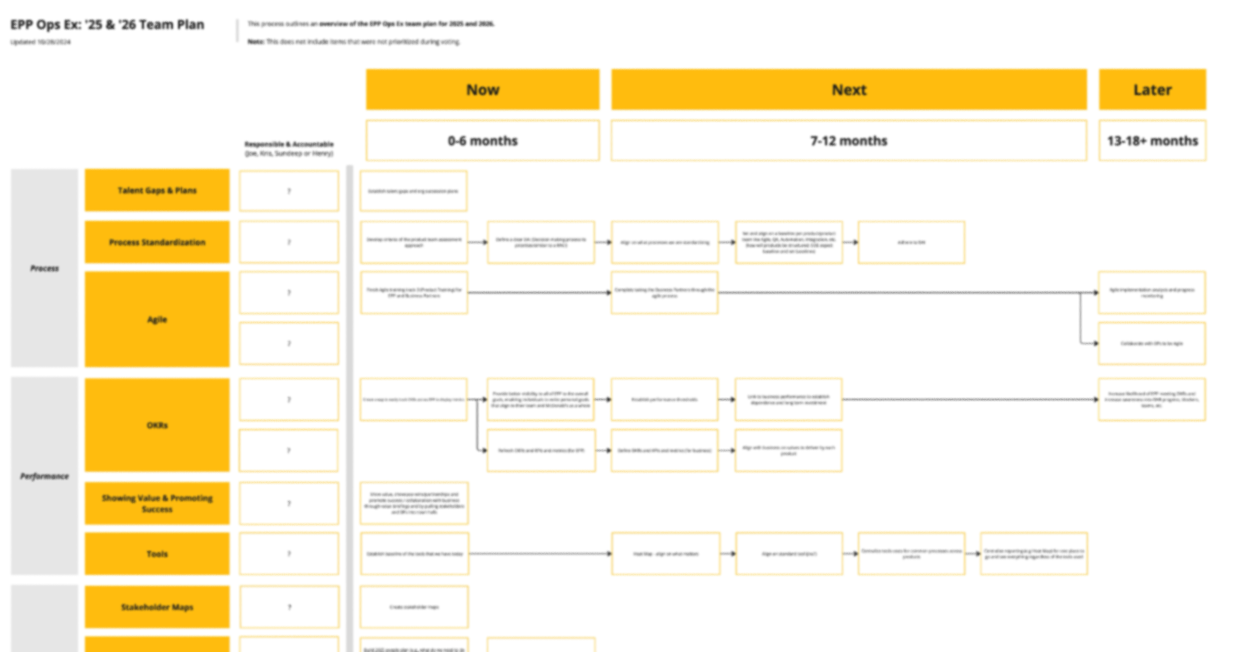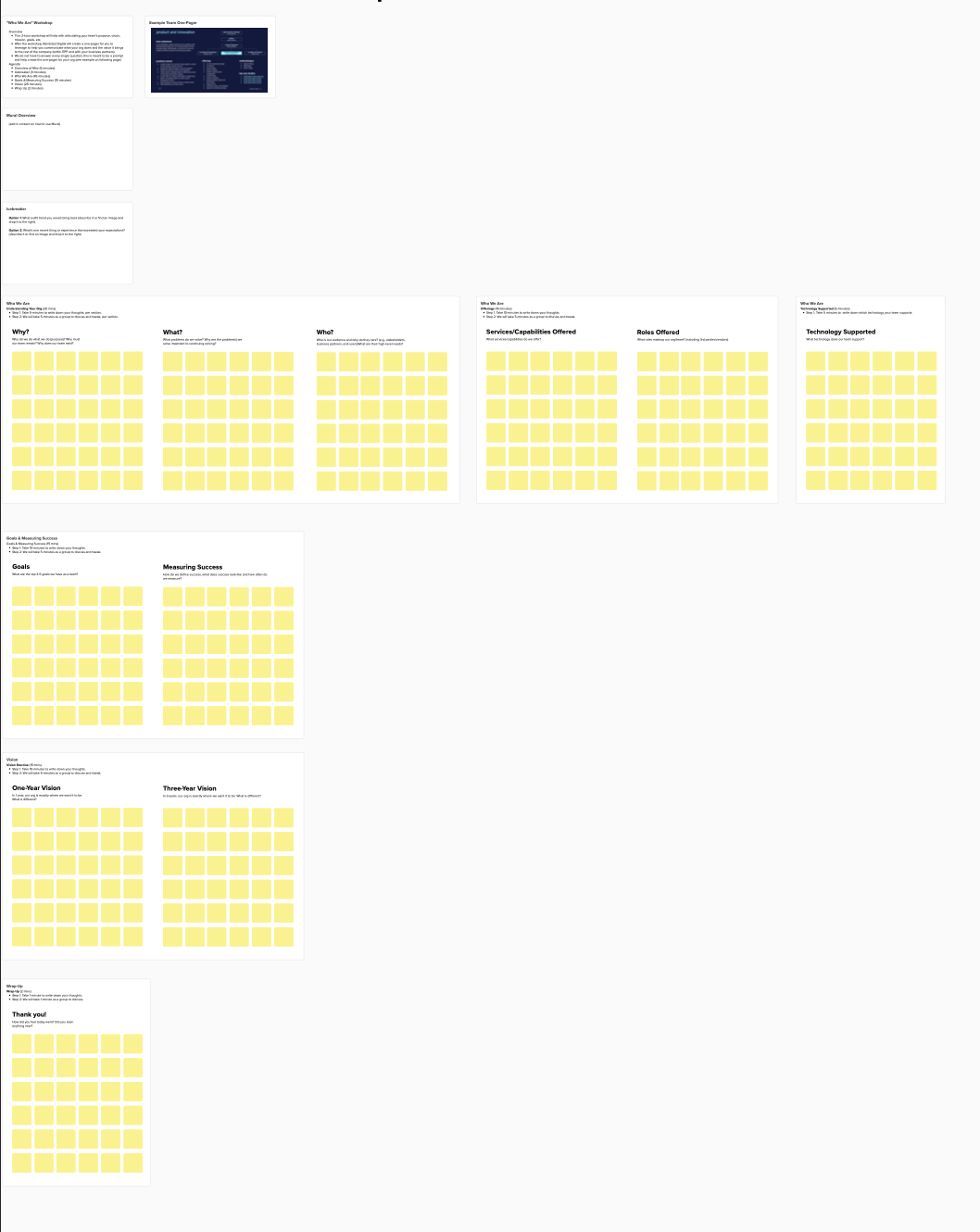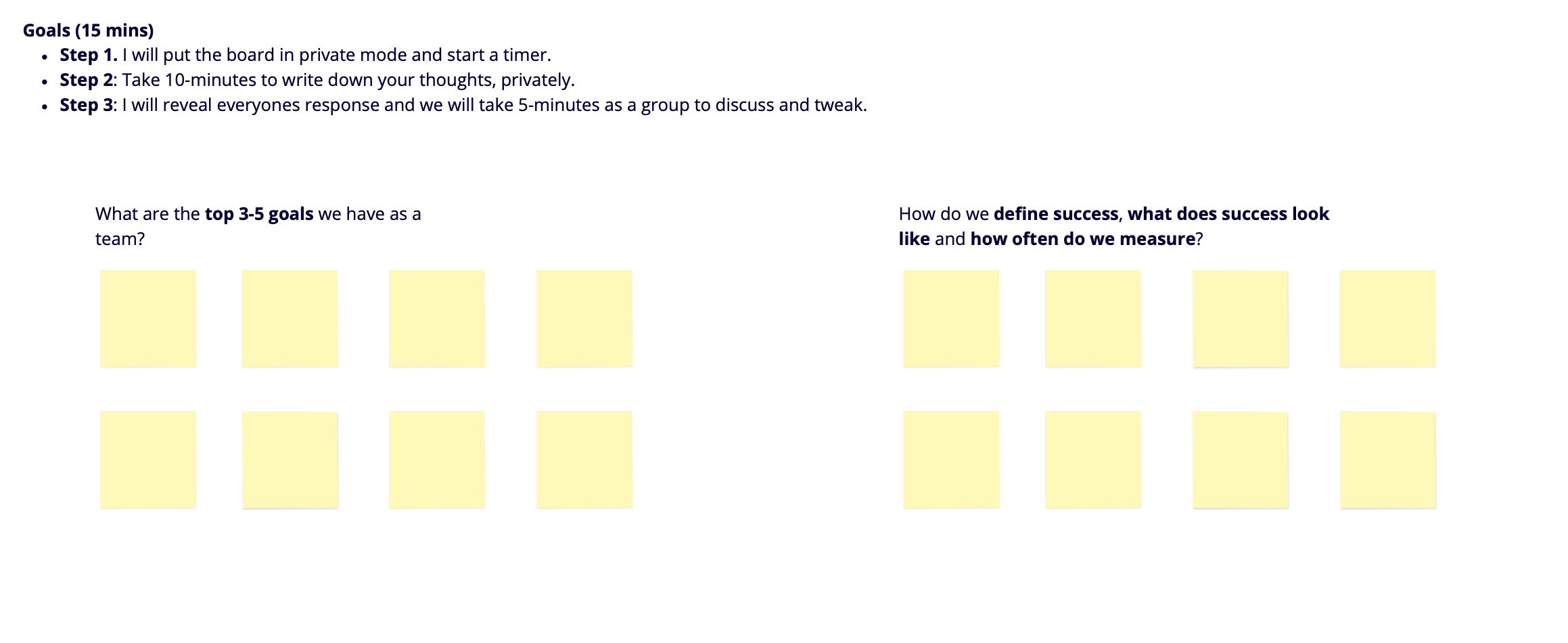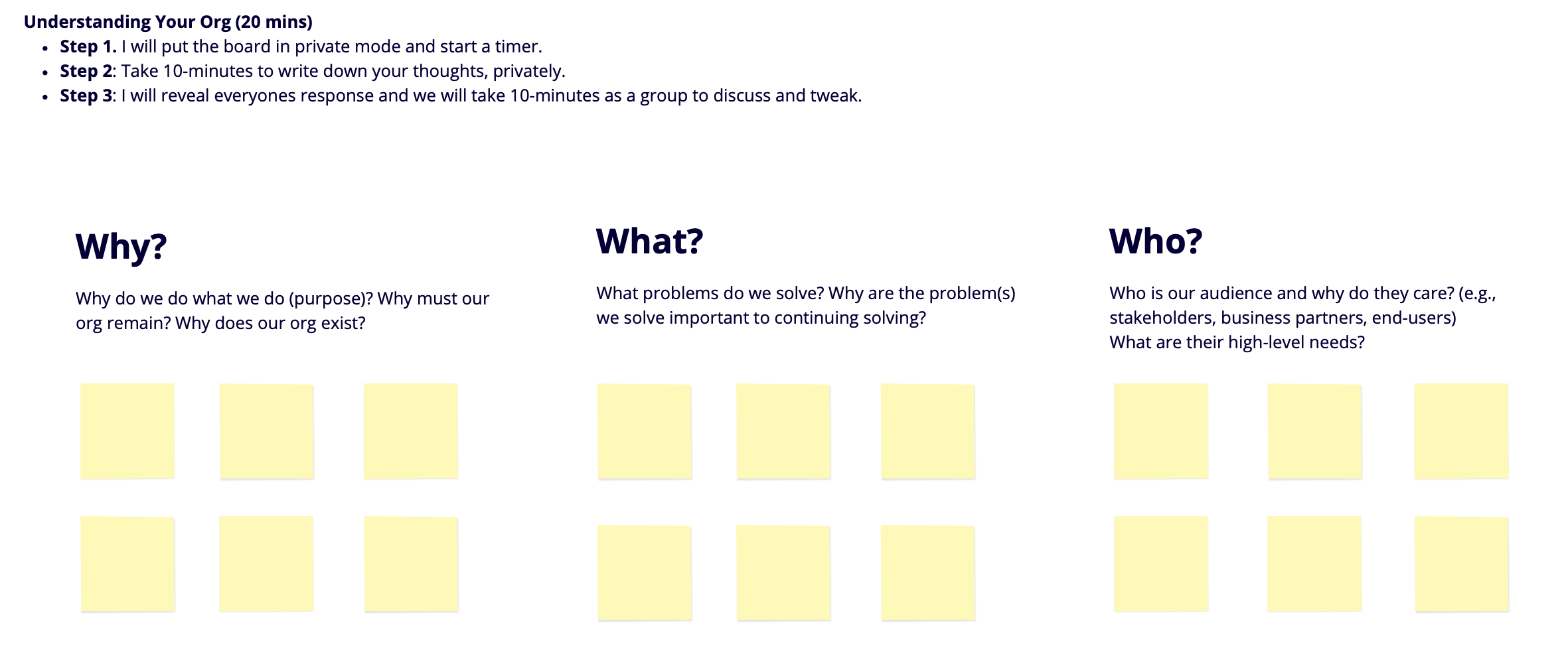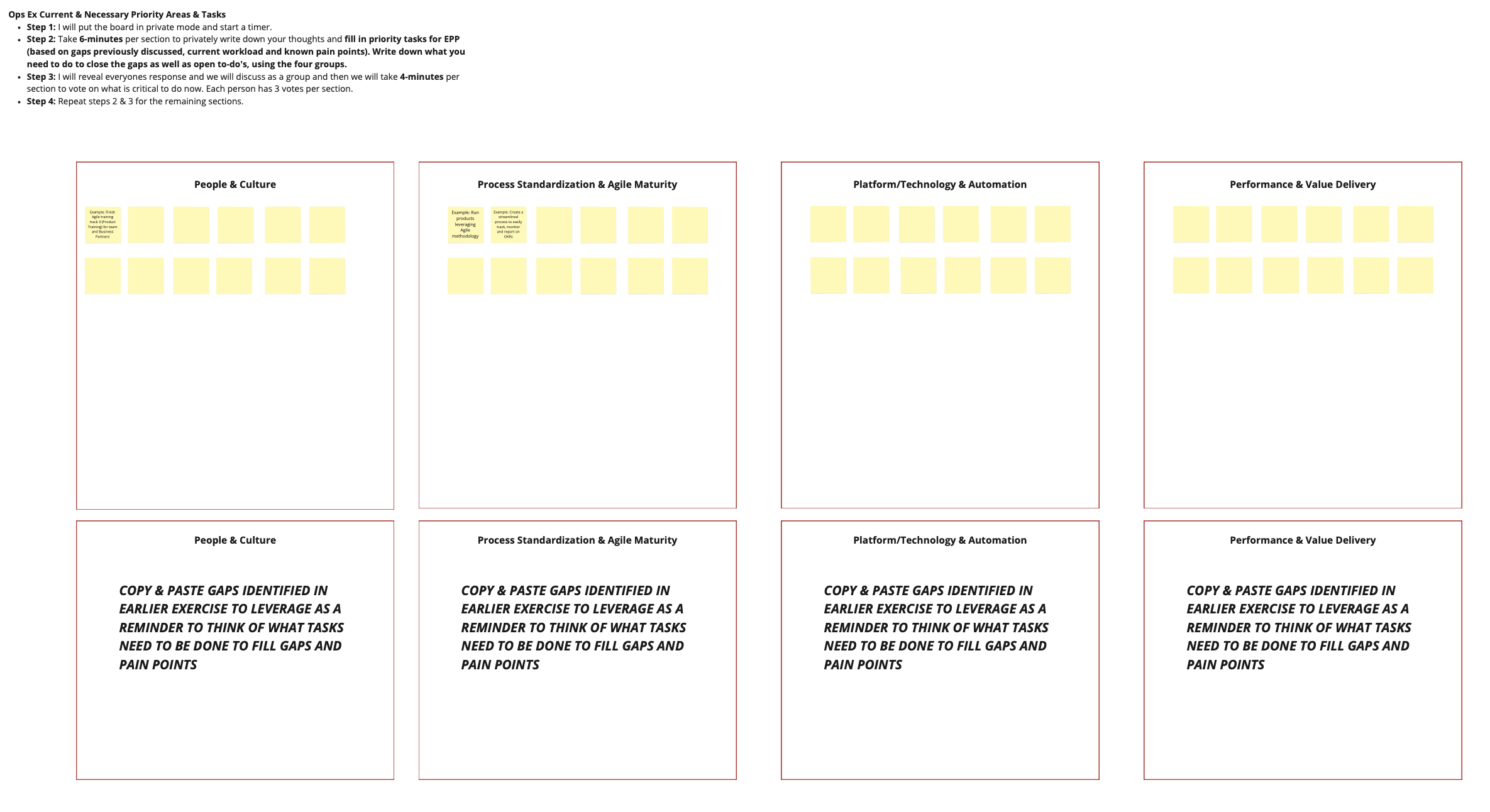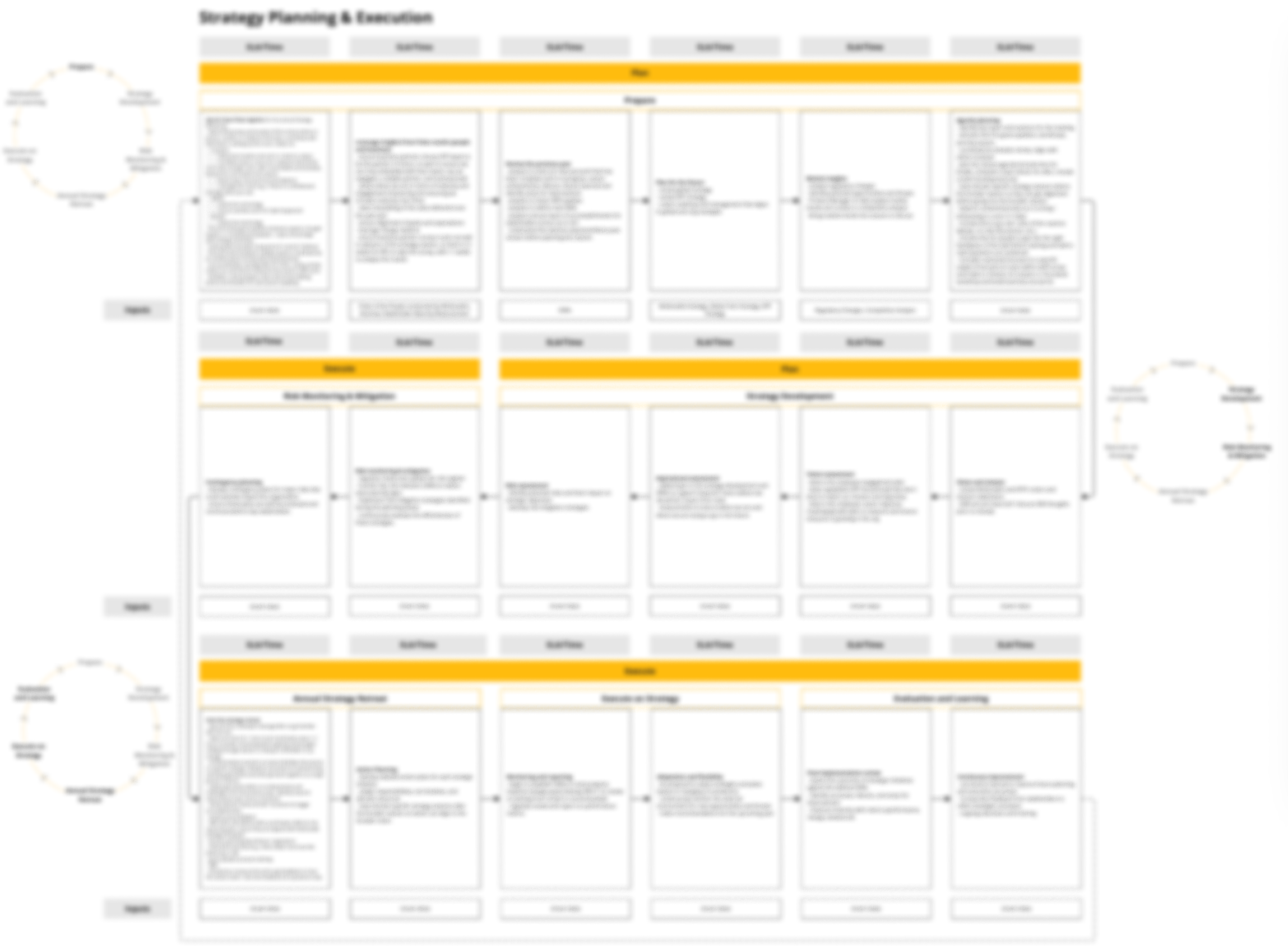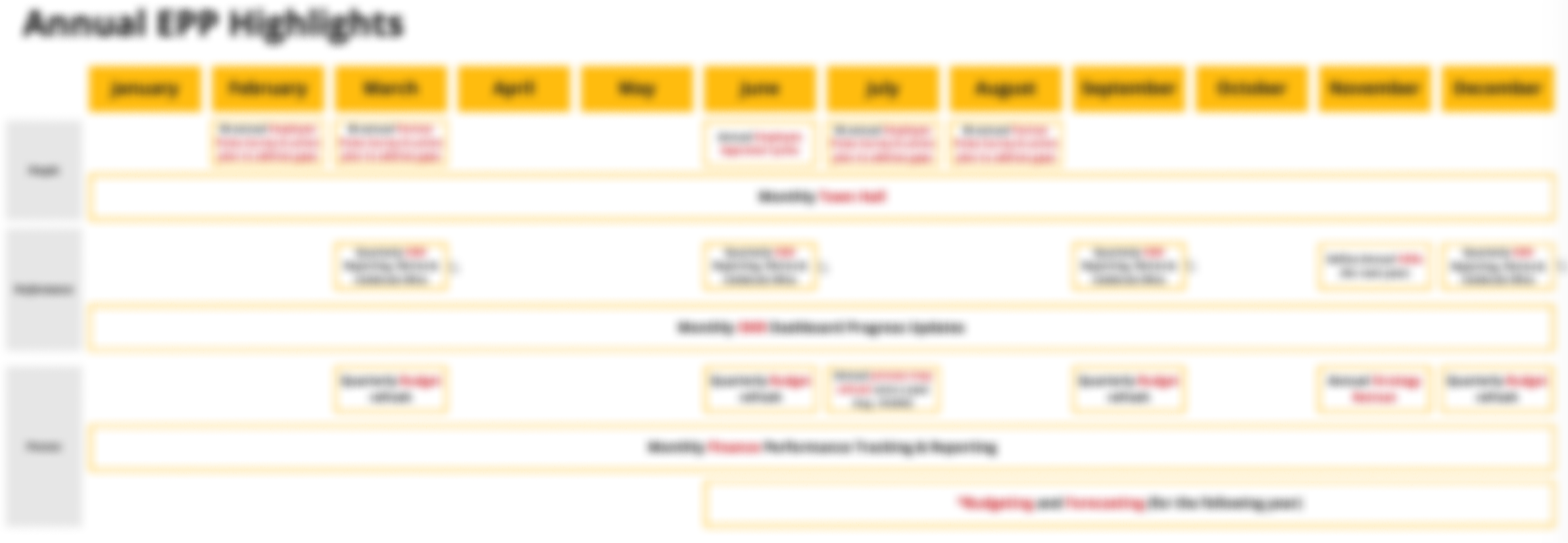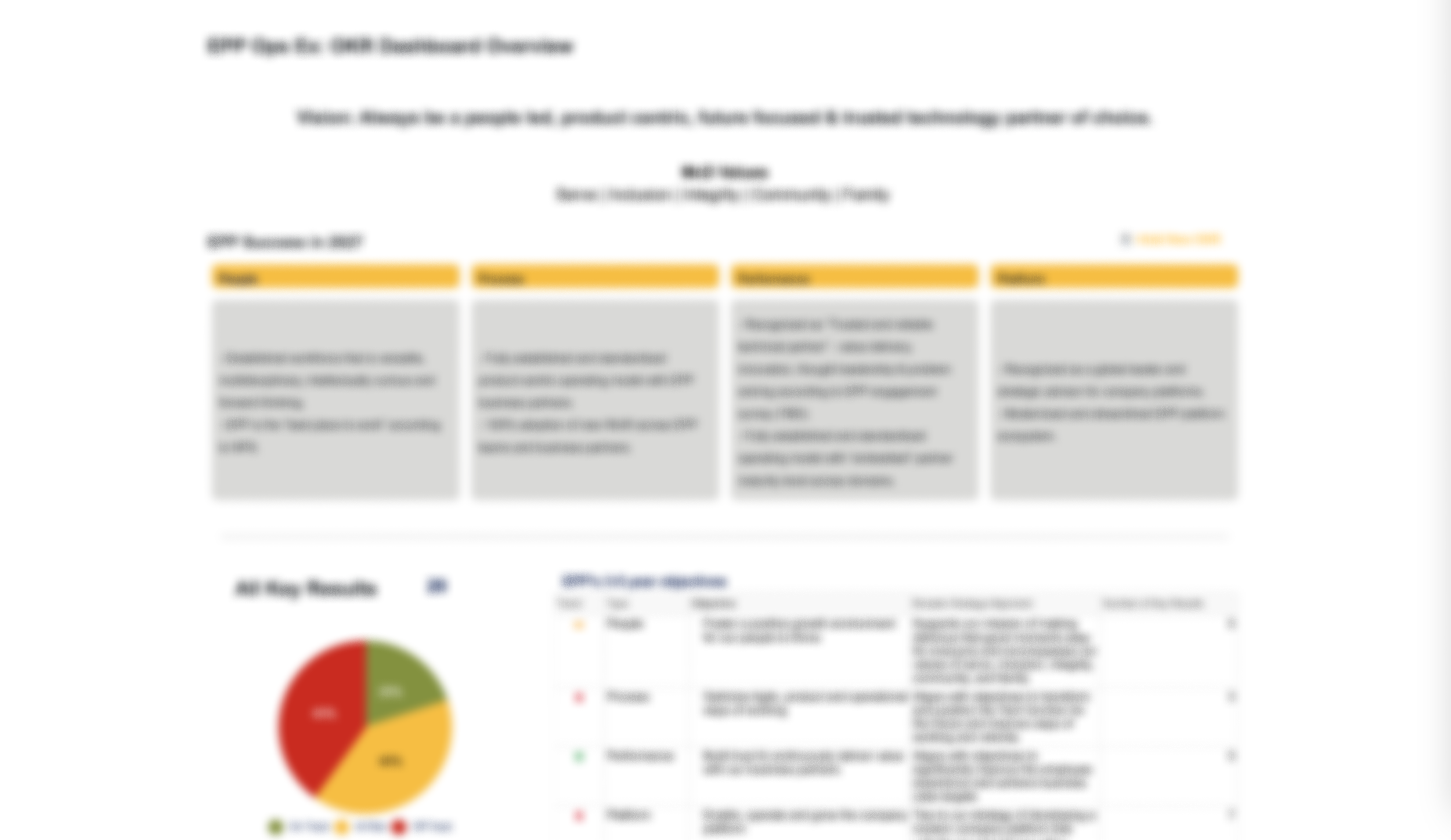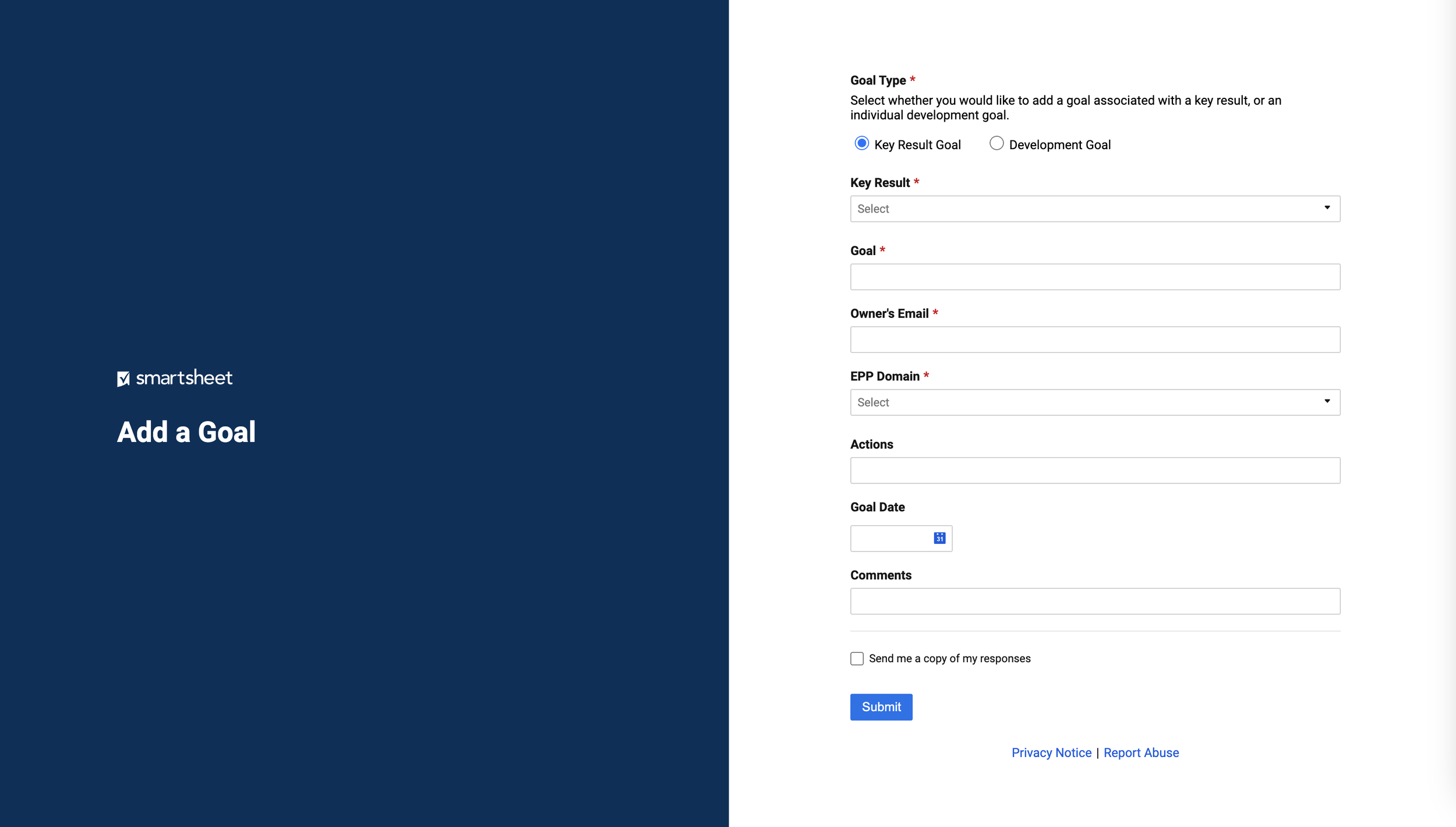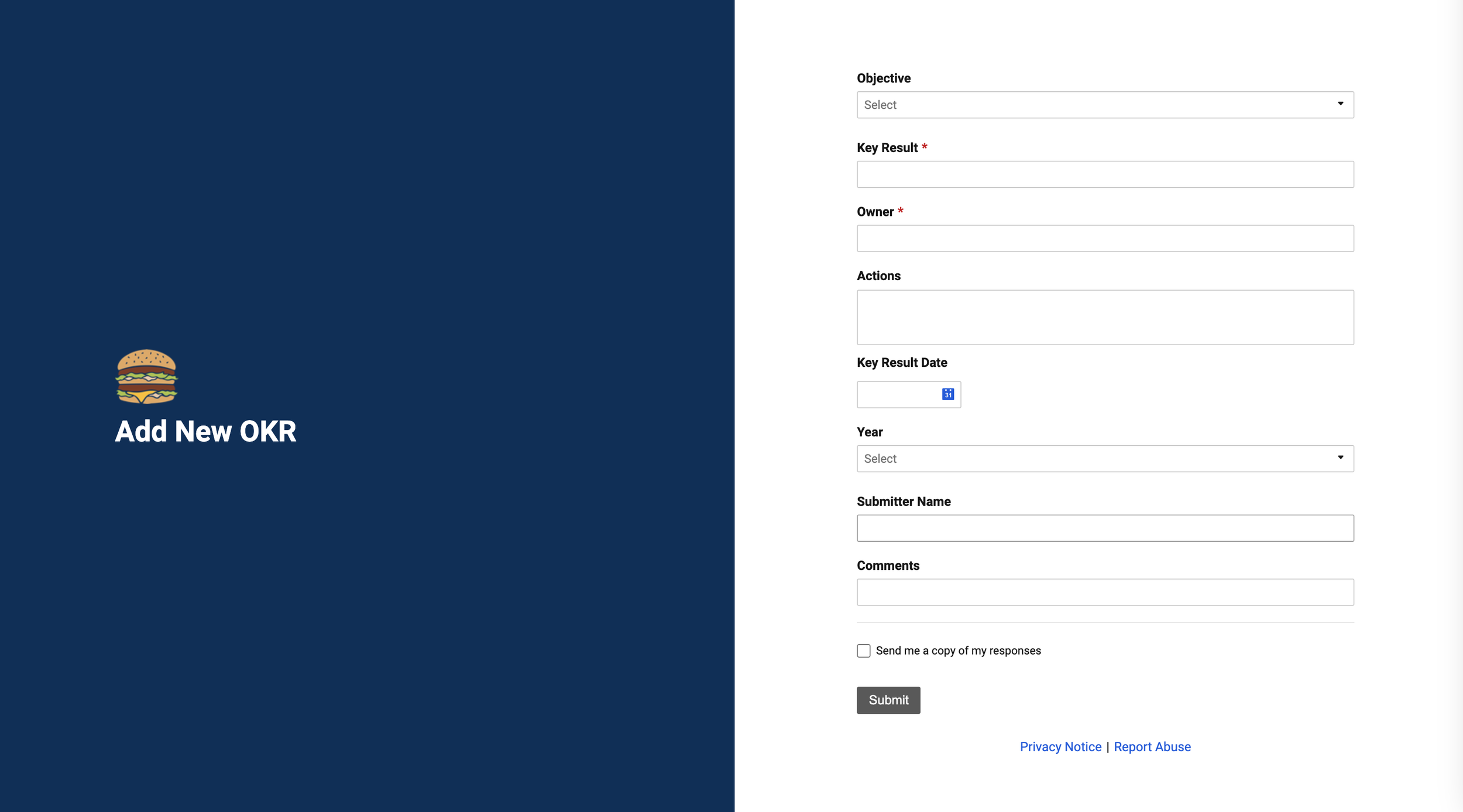Engagement Lead & Senior UX SME
(2024-2025)
The Partnership
At Randstad Digital, I partnered with McDonald’s—the world’s largest QSR brand—to support their transformation into a product-centric organization. In this cross-functional engagement, I led UX strategy, agile coaching, and process design initiatives that fostered collaboration, transparency, and operational excellence across global teams.
My Contributions
Agile & Product Training: Oversaw two vendors to deliver six cohorts of Scrum.org PSPO I training across the U.S., U.K., and virtually—certifying 38 participants and driving adoption of product thinking.
Organizational Strategy: Led strategic planning and reorganization support for McDonald’s Global Technology team, including the design of 10+ future-state process maps, OKR dashboards, and identity toolkits for six domains.
Experience Design Leadership: Facilitated workshops across teams to align vision, goals, and roles—merging service design, change management, and agile to reshape the way teams work and deliver value.
Results & Impact
106 participants trained, 38 certified in PSPO I, with an 8.7 average course rating.
Successfully managed 2 vendors (from contract through to completion) through product training and coaching.
100% org-wide adoption of agile training and OKR dashboards—enabling real-time tracking and strategic alignment.
Improved business partner satisfaction and transparency through measurable engagement surveys.
Standardized processes and planning tools across ~130 people, supporting alignment during reorganization.
Strategic plans in place for all 6 teams, with guided facilitation and workshop materials.
The Solution
Designed & implemented centralized OKR tracking dashboards with role-based access and real-time reporting.
Facilitated strategic planning workshops for 6 domains: Finance, Supply Chain, People, Corporate, Tech Deployment, and Operations Excellence.
Created future-state process maps and playbooks to guide teams through product-centric transitions with clarity and repeatability.
Developed governance frameworks to support sustainable dashboard and process maintenance.
Built engagement measurement tools using custom scoring models to assess team maturity and partner relationships.
The Challenge
A global reorganization created the need for streamlined processes, tools, and governance.
Inconsistent ways of working and low agile maturity limited collaboration and accountability.
No clear processes or mechanism existed to track OKRs, measure team value or plan, or understand business partner engagement.
Product Training
Scrum.org Professional Scrum Product Owner course & Agile + Product Coaching
What We Achieved
Delivered Extensive Professional Scrum Product Owner I (PSPO I) Training: Conducted 6 PSPO I cohorts (4 US, 1 UK, 1 virtual) for 106 participants, achieving an impressive 8.7 average rating.
Supported PSPO I Certifications: Enabled 38 participants to achieve PSPO I certifications, validating their product management knowledge.
Facilitated Product-Centric Transition: Guided the org to move from project-based to product-centric ways of working, fostering a sustainable and scalable approach.
Provided Comprehensive Coaching Support: Three coaches led 85 sessions covering vital topics like Agile refresh, product-centric transition, Evidence Based Management (EBM), Jira, vision, strategy, product mapping, and exam prep, through diverse coaching formats.
Developed New Team Resources: Created valuable tools including a Product-Centric Guide and Useful Tools & Templates to support ongoing adoption.
Key Improvements
Stronger Agile Capability: Teams now demonstrate increased awareness of Scrum roles, events, and principles
Higher Engagement & Relevance: Real McDonald’s challenges drove more interactive, relevant, and meaningful sessions
Greater Organizational Transparency: Coaching surfaced barriers like resource constraints and insufficient Product Owner availability
Professional Development Gains: new certifications building internal expertise
Shift Toward Product Thinking: Teams are beginning to adopt a product-centric mindset, increasing their understanding of what "good" looks like, and practicing new ways of working
Key Metrics
100% of the org’s Team Members have a plan to move to product centric ways of working by the end of 2025
Conducted 6 PSPO I training cohorts for 106 participants, achieving an impressive 8.7 average rating.
Enabled 38 participants to achieve PSPO I certifications, validating their product management knowledge.
Successfully managed 2 vendors (from contract through to completion) through product training and coaching.
Training Process Map
Product Playbook to Mature Ways of Working
Training & Coaching Overview
CX & Change Management
CX + OCM partner to support leading QSR
The Challenge
Recent re-organization created a need for streamlined processes and alignment across the team.
Inconsistent ways of working hindered transparency, collaboration, and operational excellence.
Lack of standardized tools for tracking OKRs, goals, and progress reporting.
Unclear governance for maintaining dashboards and processes.
No mechanism to measure the org’s value delivered or engagement level of business partners, making it difficult to improve or prioritize efforts.
Solution & Impact
Developed 6+ future state process maps to optimize key workflows
Created a process roadmap to provide guidance, best practices, and transparency on ways of working, with a structured approach for piloting, feedback collection, and iteration.
Designed and implemented dashboards for OKRs and Goals, ensuring clarity and real-time progress tracking.
Established governance structures to define roles and responsibilities for maintaining dashboards and processes.
Designed, developed, and facilitated key workshops for all six domains to guide teams in articulating an overview of their team, offering clear insights into the roles, contributions, and strategic value of the renewed org.
Designed, developed, and facilitated workshops for the Operations Excellence team to align on 2025 team plans.
Developed survey questions and a scoring methodology to assess business partner engagement levels (Transactional, Engaged, Embedded).
Results
On track for 100% of people in the org to have a plan to move to product-centric ways of working by end of 2026, as well as have agile training.
Supported strategic planning for all six teams for 2025, with a comprehensive team plan template and workshop facilitation.
Improved alignment and efficiency through standardized processes for ~100 people within the org, enabling better collaboration across the domains: Finance, Supply Chain, People, Corporate, Tech Deployment and Operations Excellence.
Increased transparency and accountability via OKR and Goals dashboards that is used by 100% of the org, allowing for real-time goal tracking and reporting.
Enhanced operational excellence through clear governance and consistent maintenance of processes and tools.
Enabled data-driven decision-making with actionable insights from business partner engagement surveys.
Supported strategic planning for 2025 with a comprehensive team plan template and workshop facilitation.
Fostered a culture of continuous improvement and innovation in ways of working.
Workshops
Process Maps
Implementing an OKR Tracking and Reporting System for a Leading QSR Brand
Lead UX/Senior SME
The Challenge
This leading QSR aims to continuously improve its global technology platforms, products, and services by leveraging scale, and unlocking greater speed and efficiency for customers, restaurant teams, and employees.
New organization transformation program focused on standardizing platforms and ways of working globally by investing in consolidated technology platforms.
The QSR client faced challenges in managing Objectives and Key Results (OKRs) across various teams, departments, and regions. Previously, they lacked a centralized platform or consistent process for tracking, monitoring, and reporting on OKRs, leading to several operational and strategic obstacles, including lack of visibility and alignment, inefficient tracking and lack of accountability.
Solution & Impact
To address these challenges, our team implemented a centralized OKR tracking and reporting process paired with a customized dashboard.
This solution was designed to align the organization’s strategic goals with team objectives while providing room for individual development goals, ensuring a holistic view of progress at every level.
The dashboard was customized to provide different access levels, ensuring that stakeholders at all levels could view relevant information based on their roles.
Results
The introduction of the centralized OKR tracking and reporting system transformed the QSR client’s ability to monitor and achieve its strategic objectives.
Improved visibility and alignment
Efficient OKR tracking and reporting
Increased accountability and engagement
Enhanced individual development
Data-driven decision making
